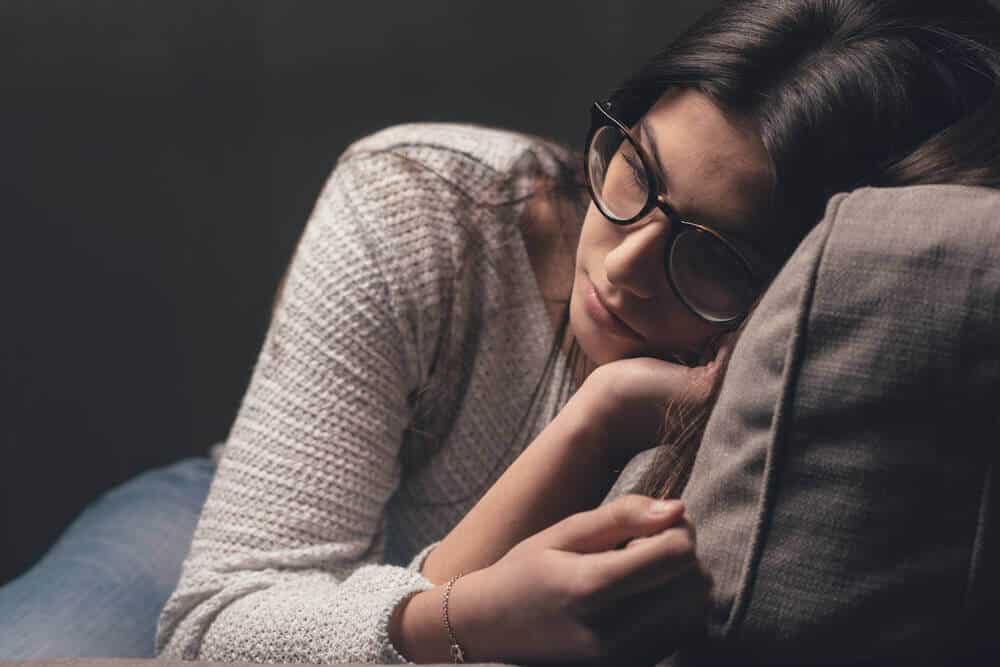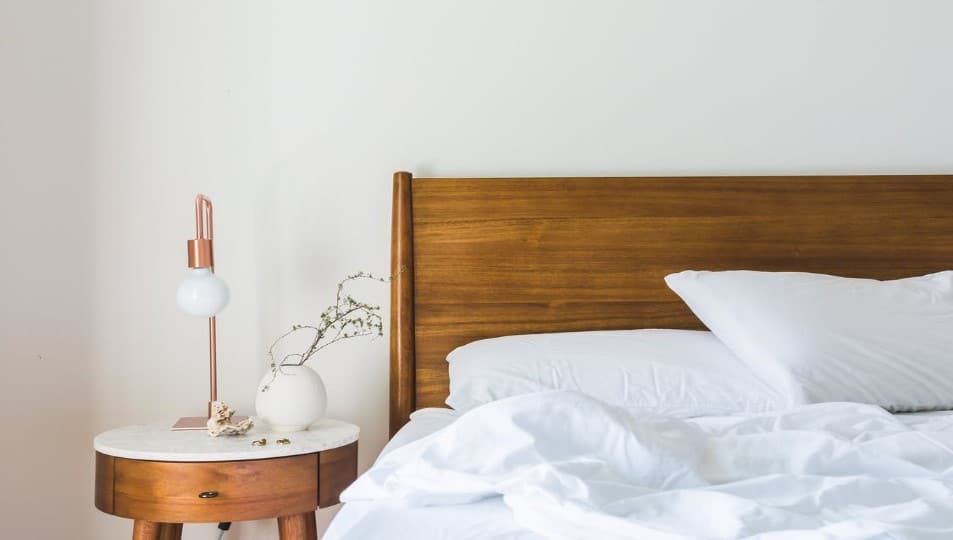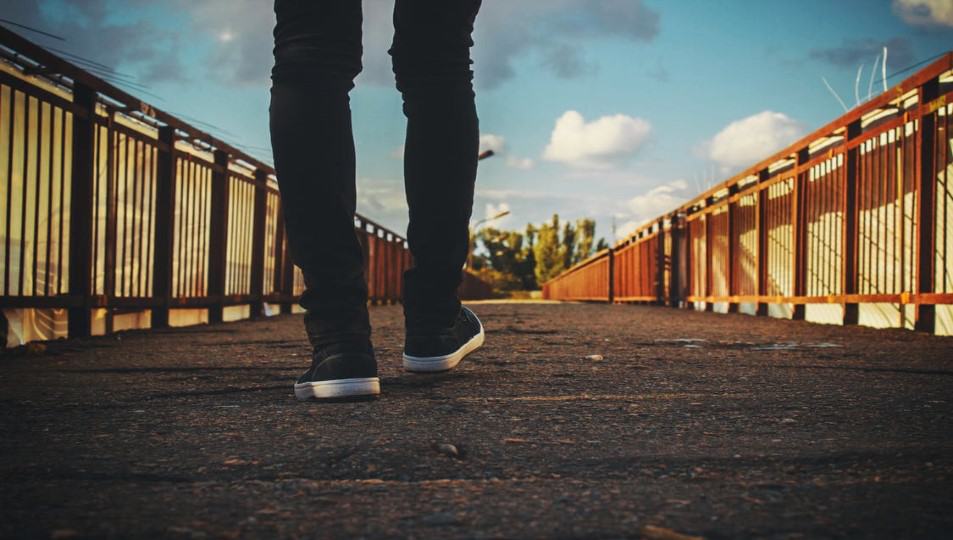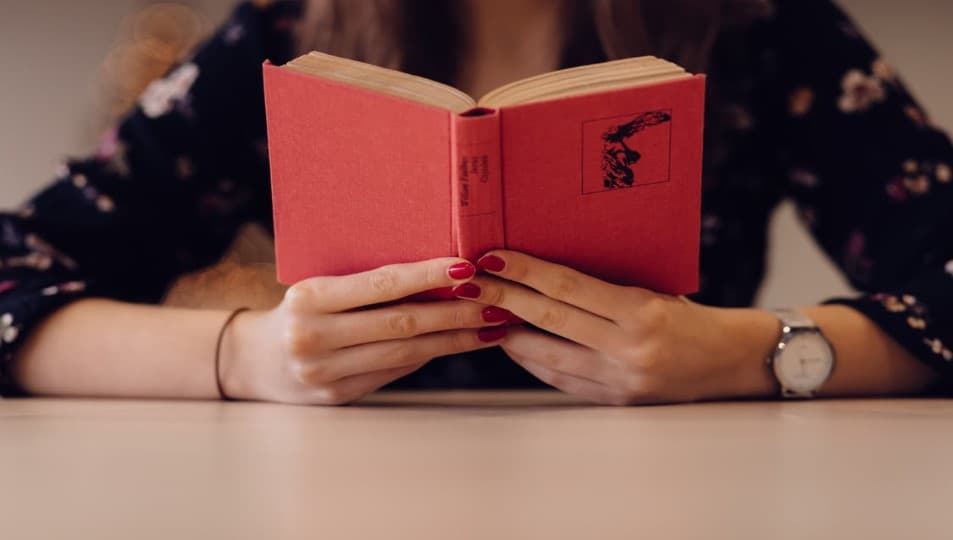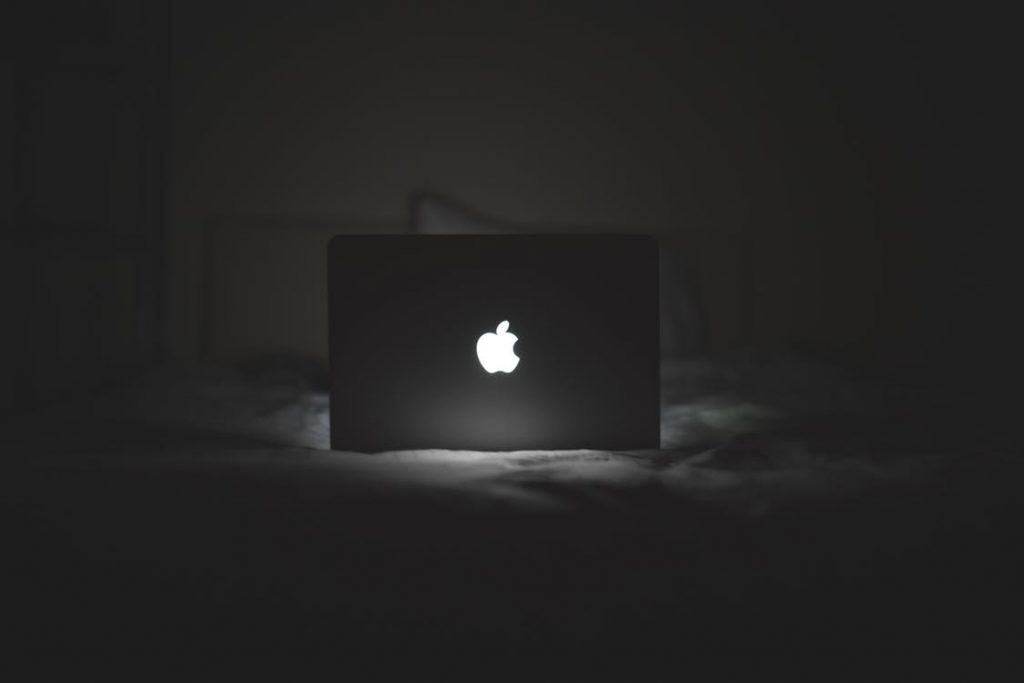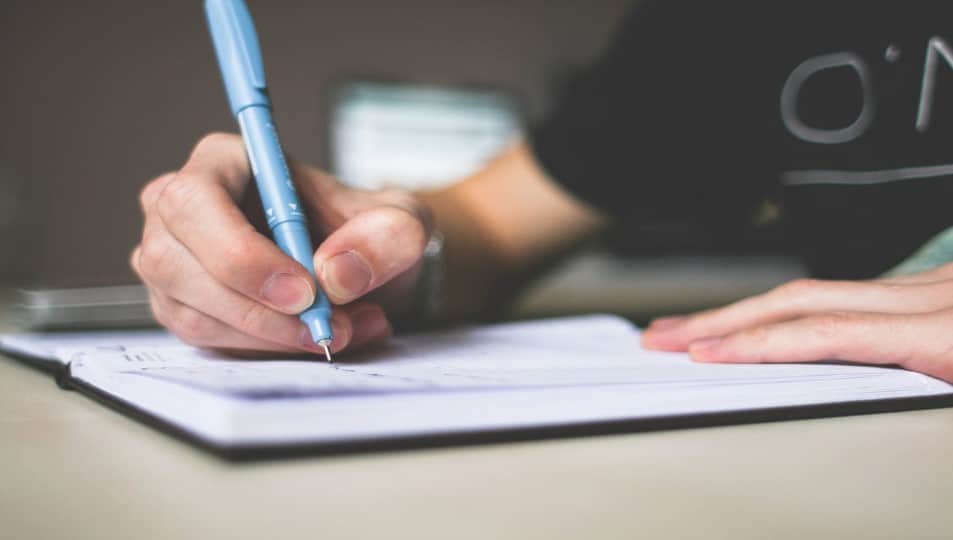Living with an anxiety disorder makes coping with day-to-day life very difficult and can have a huge negative impact on your work, social and personal life. For some people, the symptoms of anxiety which include excessive fear and worrying, panic attacks, feeling tense and restlessness can get worse in the evening.
The reason that anxiety gets worse in the evening for some people may be due to the lack of daytime distractions. Our days are often busy with work and all of the things that we need to get done, while at night, our activity slows down and we’re left alone to confront our thoughts.
For those people who find that their anxiety intensifies in the evening, there are a number of things you can do help ease the symptoms and set yourself up for a good night of sleep.
Cut Out Caffeine and Alcohol Before Bed
Avoid drinks that contain caffeine as these possess stimulant properties that will prevent you from switching off your mind and falling asleep – try not to have any caffeinated drinks or food after 2pm.
While having an alcoholic drink may relax you and help you sleep at first, you don’t get the same good quality sleep and you may find yourself awake in an hour or two, not being able to turn off your thoughts.
Instead try to have a cup of herbal tea that will relax your mind and prepare you for a deep, restful sleep.
Exercise Daily
Exercise helps reduce anxiety and depression and improves sleep quality. You should exercise early in the day or, at the latest, 3 to 4 hours before your bedtime, as exercising too close to bedtime will make it harder for you to wind down due to an increase in adrenaline levels.
Practice Mindfulness
Practising yoga or meditation is a great way to help you to unwind your body and mind. Focusing on your breathing and yoga movements takes you out of your head, away from your thoughts and into the present moment.
Having a warm bath with calming essential oils such as lavender and listening to some calming music can also be very relaxing and a great way to set yourself up for a peaceful sleep.
Distract Yourself
Staying busy in the evening will help to prevent you from getting swept up in the negative and worrying thoughts in your head. Going for a walk with a friend, reading a book or doing some art will keep you distracted and help reduce your anxiety.
Setting goals for yourself that you can work on each evening not only helps to keep you distracted from any negative thoughts but it allows you to focus on the future in a positive way. The goal could be as simple as finishing a jigsaw puzzle, as long as you’re working on achieving something you’ll improve your ability to cope with anxiety.
Turn Off Electronic Devices At Least 30 Minutes Before Your Set Bedtime
If you find yourself lying in bed worrying and getting anxious, unable to fall asleep, try turning off all electronic devices at least half an hour before bedtime.
Besides keeping your mind stimulated, the lights from an iPad, mobile phone or other electronic devices can make your mind believe it is still daytime. Make sure to keep these devices in another room, turn them off or cover up the blue displays. This includes digital clocks and televisions.
Write Down Your Worries
When you feel your anxiety start to intensify, get your journal out and write down your thoughts and feelings. Be sure to include all your fears and worries and then shut the journal to say goodnight to your worries. This will allow yourself to put them aside for the rest of the night and relax.
All of these techniques are extremely helpful to ease the symptoms of anxiety that may get worse in the evening. However, they are not a substitute for professional help and should be used in partnership with ongoing therapy in order to fully overcome the anxiety.

